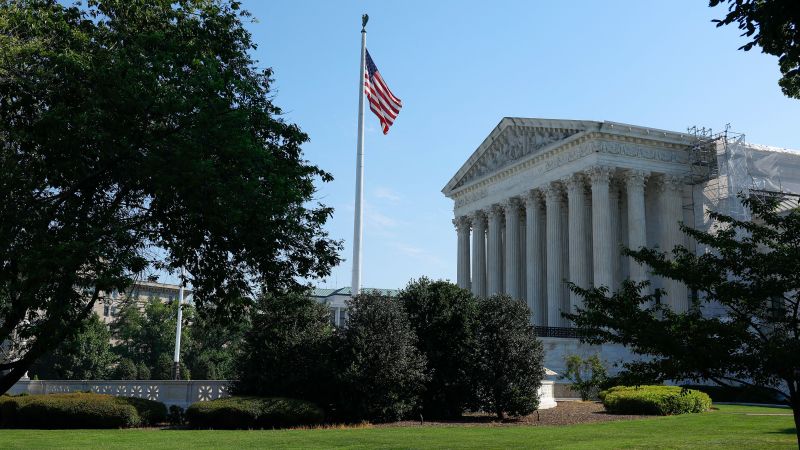In a landmark decision, the Supreme Court on Thursday curtailed the Securities and Exchange Commission’s authority to enforce security fraud violations, ruling in favor of a hedge fund manager and former conservative radio show host seeking a jury trial over an in-house review by the agency. The consequences of the ruling could be far-reaching, potentially requiring agencies like the SEC to pursue violations in federal court rather than through internal processes, leading to challenges in policing fraud and protecting investors while contributing to federal court backlogs.
Chief Justice John Roberts authored the decision for a 6-3 majority, with the court’s three liberals in dissent. The ruling declined to address broader challenges to the agency’s enforcement structure, such as claims that could undermine the use of in-house administrative law judges or protect them from presidential influence.
Roberts emphasized the importance of a defendant’s right to a jury trial before a neutral adjudicator, critiquing his dissenting colleagues for potentially concentrating too much power in the hands of the executive branch. The dissent by Justice Sonia Sotomayor, supported by the court’s other two liberals, lamented the ruling as a “power grab” that disrupted established government practices and precedents.
The case at the center of the dispute involved hedge fund manager George Jarkesy, who faced an SEC enforcement action in 2013 for securities fraud. Jarkesy challenged the agency’s in-house process and argued that it violated his constitutional rights. The 5th US Circuit Court of Appeals sided with Jarkesy on three constitutional claims, underscoring broader implications for agencies using similar in-house judges for fraud claims.
The decision adds to a series of cases this term challenging federal agency power, including disputes over interpreting vague laws and funding mechanisms for agencies like the Consumer Financial Protection Bureau. The Supreme Court’s ruling represents a significant development in the ongoing debate over the separation of powers and governmental structure.











